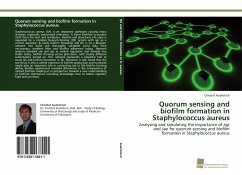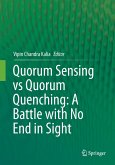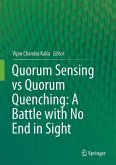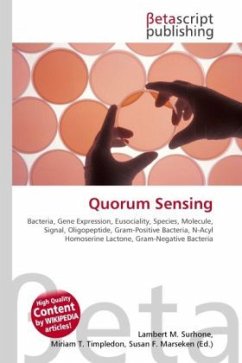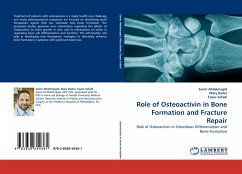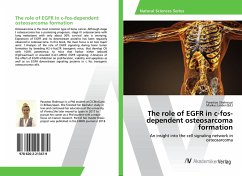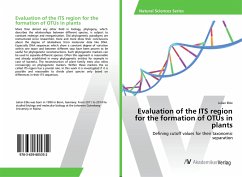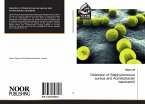Staphylococcus aureus (SA) is an important pathogen causing many diseases, especially nosocomial infections. It forms biofilms to protect itself from the host and antibiotics. Biofilm and planctonic life style is regulated by a complex Quorum-Sensing (QS) system with agr as a central regulator. To study biofilm formation and QS in SA a Boolean network was build and thoroughly validated using data from microarrays, northern blots and biofilm adherence assays. Network analysis revealed sae and agr as central regulators and showed two stable states, biofilm forming versus planctonic, with clearly different subnetworks turned on. This network represents a powerful tool to study QS and biofilm formation in SA. Moreover it was found that the sae-locus is also a central repressor of biofilm production and nucleases might play an important role in connecting sae to the biofilm forming ability. Biofilm experiments revealed differences in the composition of mutant biofilms leading us in perspective towards a new understanding of biofilms themselves including knowledge how to better regulate, fight and use them.
Bitte wählen Sie Ihr Anliegen aus.
Rechnungen
Retourenschein anfordern
Bestellstatus
Storno

